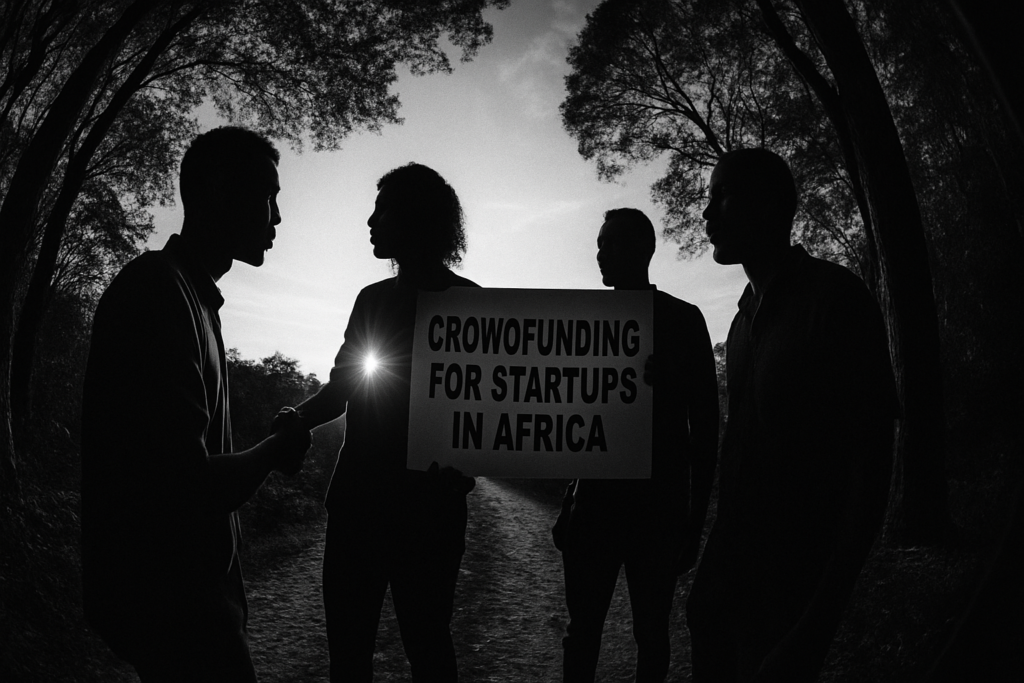What Is 9565830202?
Let’s call it what it is: a mystery number. At a glance, 9565830202 appears to be a standard U.S. phone number, likely from the Texas region based on the 956 area code. That area code includes cities near the U.S.–Mexico border, like Laredo, McAllen, and Brownsville. But the number’s origin doesn’t necessarily tell you much about its intent.
The key question most people have is: Is it safe? Could it be a scam, a spam call, or an actual human trying to get in touch?
Why People Are Talking About It
Here’s the thing—numbers like these don’t get this kind of attention for no reason. People have reported receiving multiple calls per day from 9565830202, often without voicemails or with vague, robotic messages when they do leave one. That’s a red flag for many.
Some have speculated it’s a robocaller, possibly tied to marketing campaigns or even phishing attempts. Others think it’s a debt collector or a company trying to confirm personal details for more targeted messaging. Either way, unsolicited calls with no clear identification don’t inspire trust.
How to Handle a Call From 9565830202
First rule of thumb: Don’t answer if you don’t recognize the number. Here’s what you can do instead:
Let the call go to voicemail. If they leave a message, evaluate before calling back. Don’t share any personal information over the phone, especially if the call feels off.
You’re in control. You don’t owe anyone your time unless they clearly identify themselves and provide a legitimate reason for contacting you.
9565830202: Possible Scenarios
Let’s break this down into common scenarios where this number might appear:
Marketing Call: Could be offering a product or service. These usually have mildly convincing scripts and often don’t leave voicemails. Phishing Attempt: A more aggressive version, where someone might try to gather sensitive details from you. Wrong Number: It happens. Someone might just be calling a misdialed contact. Debt Collection: Sometimes they use autodialers with vague messages to get a response. Legit Contact: Less likely, but not impossible. Always verify.
Don’t jump to conclusions, but stay alert. The more you know, the easier it is to spot what’s legit and what’s not.
Lookup Tools That Help
If you’re curious or cautious, run a reverse phone lookup. There’s a bunch of online services (including free ones) where you type in a number like 9565830202 and get a report. These tools share things like:
Public records related to the number Reports from other users Type of line (mobile, landline, VoIP) Service provider info
Crossreference the number across multiple platforms, like Whitepages, TrueCaller, or even Reddit forums. It’s not foolproof, but it arms you with more data.
Should You Block It?
If you’re consistently getting calls from 9565830202, and there’s no valid reason tied to it, block it. It’s easy:
On iPhones: Go to the Phone app > Recent > Tap the info (i) icon > “Block this Caller”. On Android: Same process via Call History > Details > Block number.
This won’t stop new spam numbers from dialing in, but it cuts down on repeat annoyances.
For a longerterm solution, consider enabling call screening or a spam blocking service. Your carrier might already offer one. Apps like Hiya and Nomorobo are also solid options.
Legal Stuff: Know Your Rights
The Telephone Consumer Protection Act (TCPA) offers some protection. If a number like 9565830202 is harassing or spamming you, you may have legal recourse—especially if it’s trying to sell something after you’ve asked not to be contacted.
Here’s what you can do:
Register with the National “Do Not Call” list. Report the number to the FTC or FCC if you suspect bad behavior. Keep a record of calls if they become persistent and disruptive.
It sounds extreme, but it gives you leverage if things get out of hand.
Word to the Wise: Stay Skeptical
New numbers are popping up in spam reports every day. One day it’s 9565830202, next week it’ll be something else. The tactics evolve, too—from robocalls to AIgenerated voices.
The best approach is to:
Keep emotions out of the response. Don’t let urgency tactics (like threats of legal action or missed opportunities) push you into oversharing. Never press numbers or give verbal confirmations unless you’re 110% sure you’re speaking to a real and trusted entity.
Summary
In isolation, 9565830202 is just a series of digits—but repeated unsolicited calls from that number are a signal. You don’t need to panic, but ignoring or investigating it safely is the way to go. Keep your data protected, use lookup tools when in doubt, and trust your gut.
Numbers don’t lie. But they don’t always tell the whole truth, either.

 Founder & CEO
Shirleyenn Williamsuns is the visionary founder and CEO of our business, bringing over two decades of leadership experience to the table. With a passion for innovation and strategic growth, she has guided the company from its inception to its current success. Shirleyenn is known for her dynamic approach to business development and her dedication to fostering a collaborative and forward-thinking team environment. Under her leadership, the company has expanded its reach and continues to set new benchmarks for excellence in the industry.
Founder & CEO
Shirleyenn Williamsuns is the visionary founder and CEO of our business, bringing over two decades of leadership experience to the table. With a passion for innovation and strategic growth, she has guided the company from its inception to its current success. Shirleyenn is known for her dynamic approach to business development and her dedication to fostering a collaborative and forward-thinking team environment. Under her leadership, the company has expanded its reach and continues to set new benchmarks for excellence in the industry.
